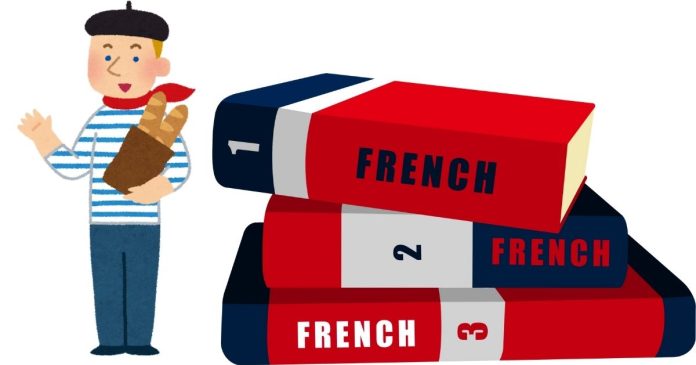When you’re traveling to a French-speaking country or conversing with French speakers, knowing how to ask “Do you want to eat?” can be a helpful phrase. Whether you’re inviting someone to join you for a meal or offering food, understanding the various ways to ask this question will help you communicate with confidence.
Basic Translation of “Do You Want to Eat?” in French
The most straightforward way to ask “Do you want to eat?” in French is:
“Tu veux manger ?”
- “Tu” means “you” (informal, used when speaking to friends, family, or people your own age).
- “veux” is the conjugated form of the verb “vouloir,” which means “to want” in French, in the second-person singular.
- “manger” means “to eat.”
This question is casual and suitable for informal settings.
Formal Version: “Do You Want to Eat?”
If you are addressing someone with whom you have a more formal relationship, such as a stranger, a colleague, or an elder, you should use the formal version:
“Voulez-vous manger ?”
- “Voulez” is the formal conjugation of “vouloir” for the second-person plural or formal singular.
- “vous” is the formal or plural “you.”
- “manger” means “to eat.”
This form is respectful and appropriate in formal or professional settings.
Alternative Phrases
- “Tu as envie de manger ?”
- This translates to “Do you feel like eating?” or “Do you have the desire to eat?”
- “as envie” means “feel like” or “have the desire.”
- “Ça te dit de manger ?”
- This translates to “Do you feel like eating?” or “How about eating?”
- “Ça te dit” is a more casual, idiomatic way of asking if someone is interested in doing something.
- “Est-ce que tu veux manger ?”
- This is a more formal way to ask, translating to “Do you want to eat?”
- “Est-ce que” is used to turn a statement into a yes/no question.
Additional Vocabulary Related to Eating
- “Manger” – To eat
- “Repas” – Meal
- “Déjeuner” – Lunch
- “Dîner” – Dinner
- “Petit déjeuner” – Breakfast
- “Goûter” – Snack
- “Restaurant” – Restaurant
Asking “Do you want to eat?” in French can be both a casual and formal expression, depending on the context and your relationship with the person. Whether you’re out with friends, inviting someone to a meal, or speaking in a more professional setting, knowing how to use these different forms will make your conversations smoother and more enjoyable. So, the next time you’re in a French-speaking environment, try using one of these phrases to offer a meal or start a conversation about food!


